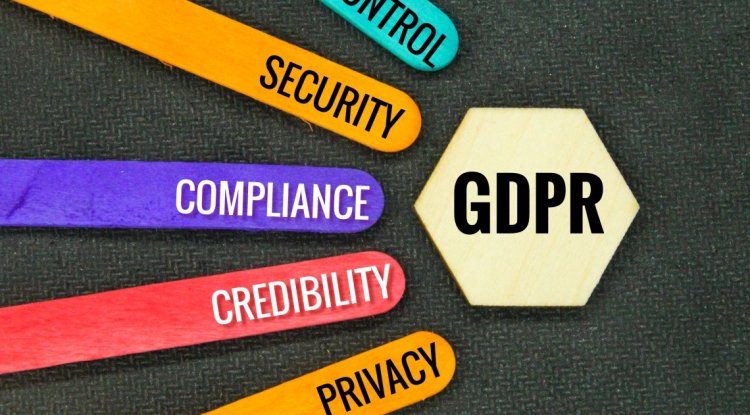COPPA Violations and Penalties: Lessons Learned from Recent Cases
Explore recent COPPA violation cases, penalties, and their implications for businesses. Gain insights from real-world examples and understand the importance of complying with children's online privacy regulations.

In the ever-evolving landscape of digital interactions, safeguarding the privacy of young internet users has become paramount. The Children's Online Privacy Protection Act (COPPA) stands as a vital legislative framework aimed at protecting the personal information of children under 13 years of age. Recent cases of COPPA violations and their accompanying penalties provide crucial insights into the importance of compliance and the consequences of negligence.
Case Study:
One notable case involves a popular social media platform that failed to obtain parental consent before collecting and using personal data from children. The platform's lack of robust age verification mechanisms allowed underage users to freely access and use the platform, resulting in unauthorized data collection. Consequently, the platform faced a hefty penalty, highlighting the significance of stringent age verification and data protection measures.
Lessons Learned:
-
Mandatory Parental Consent: Recent cases underscore the significance of obtaining verifiable parental consent before collecting personal information from children. Implementation of rigorous parental consent processes is imperative to avoid potential violations.
-
Age Verification Mechanisms: Age verification mechanisms play a pivotal role in preventing underage users from accessing platforms that collect personal data. Businesses must prioritize the development and deployment of reliable age verification tools.
-
Comprehensive Data Protection: COPPA violations shed light on the need for robust data protection measures. Encrypting and securing children's data, coupled with clear data usage policies, are fundamental components of COPPA compliance.
-
Educational Outreach: Businesses must provide educational resources for parents and guardians to better understand their children's online activities and how their data is handled. Transparent communication builds trust and reinforces compliance.
-
Regular Audits and Monitoring: Regular internal audits and monitoring mechanisms help identify and rectify potential compliance gaps. Proactive measures can prevent inadvertent violations and mitigate penalties.
About Myself:
As a digital marketing and technology expert, I bring over 8 years of experience in campaigns planning, building automation tools, developing PHP-based websites, and managing servers. With proficiency in a range of technologies and certifications, including Marketo expertise and diverse server management skills, I am well-equipped to excel in technical environments. Connect with me on LinkedIn to explore how my skills can contribute to your projects.
Empowering Through Knowledge:
At Zigmo.in, our mission is to empower individuals and businesses worldwide with informative articles on critical topics like COPPA violations. Our platform, "Zero-Intrusion Guard for Marketing Operations," offers insights, resources, and practical guidance to navigate complex technological and regulatory landscapes. Raghav Chugh, a driving force behind Zigmo.in, continues to leverage his expertise to help people make informed decisions. Connect with Raghav on LinkedIn to explore more.
In conclusion, recent COPPA violation cases and associated penalties serve as stark reminders of the importance of upholding children's online privacy. By learning from these cases and implementing robust measures, businesses can navigate the digital realm while safeguarding the interests of the youngest users. Compliance with COPPA not only mitigates penalties but also fosters a secure and trustworthy online environment for children.
What's Your Reaction?




















